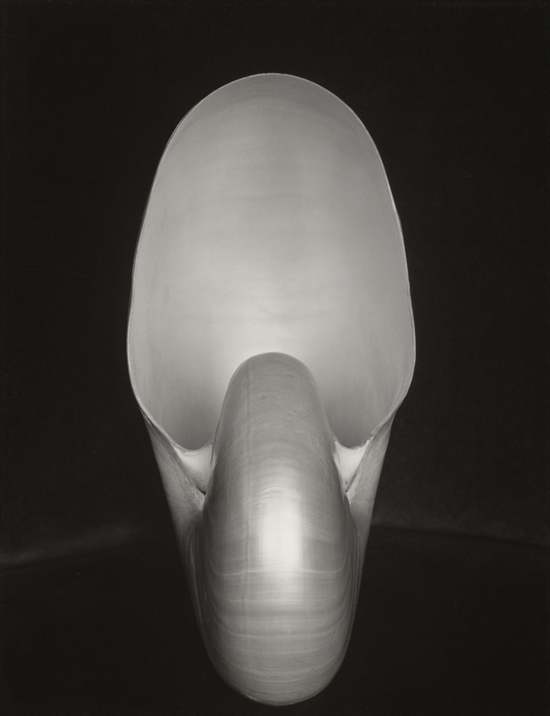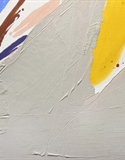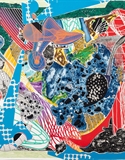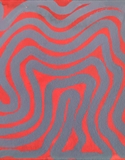About This Lot
"Shell" evinces Weston’s ability to transform a still life into a visual enigma. “The camera should be used for a recording of life, for rendering the very substance and quintessence of the thing itself, whether it be polished steel or palpitating flesh,” the artist once stated.
Edward Weston was a seminal American photographer whose radical approach to composition, lighting, and form changed the history of the medium. Born on March 24, 1886 in Highland Park, IL, he was given his first camera by his father at the age of 16, sparking a lifelong interest. Weston enrolled at the Illinois College of Photography after having failed to start a photography career in California without a degree. Finishing the course in six months, he returned to California better prepared and began working as an assistant in portrait studios around Los Angeles. The artist opened his own studio in 1909, where he would work for the next 20 years. In 1932, Weston helped form the influential Group f/64 alongside Ansel Adams, Willard Van Dyke, Imogen Cunningham, and Sonya Noskowiak. The purpose of the group was to further their common aesthetic interests by establishing a formal rubric for photography. Over the course of his career, the artist’s style shifted from the Pictorialist’s blurred painterly effects to the crisply focused images of Alfred Stieglitz. The artist died on January 1, 1958 in Carmel, CA. Today, his works are held in the collections of the J. Paul Getty Museum in Los Angeles, The Museum of Modern Art in New York, the National Gallery of Art in Washington, D.C., and the Art Institute of Chicago, among others.











